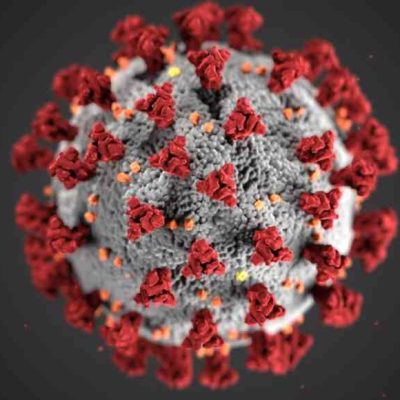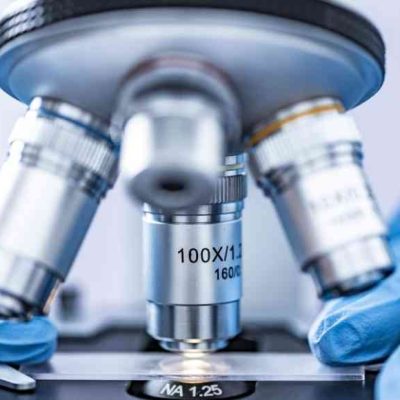Science Shop
Advertisement
Breakthrough: Inhibitor for Resistant Cancer Cells
- By Geert Devenster
- . August 2, 2021
A new inhibitor could potentially treat tumors that were previously resistant to chemotherapy. Chemotherapy is still the most common treatment for cancer, but cancer cells

Controversial Study: Volunteers Infected with COVID
- By Geert Devenster
- . August 2, 2021
In a controversial move, young people in London are intentionally being infected with SARS-CoV-2 to gain new knowledge about the virus and aid in vaccine

Identified Medications Inhibit SARS-CoV-2
- By Geert Devenster
- . August 2, 2021
Scientists have discovered compounds that inhibit the replication of SARS-CoV-2 through drug repurposing. Repurposing refers to the use of a drug for a different purpose

Accurate Covid-19 testing with Displayabstrich
- By Geert Devenster
- . July 31, 2021
A new method for detecting Covid-19 has been developed by scientists at the University College London (UCL). The Phone Screen Testing (PoST) method requires only

Microplastics harm cell membranes
- By Geert Devenster
- . July 31, 2021
A recent study has found that microplastics not only have a potential toxic effect on humans, but they can also mechanically damage human cells, leading

New Therapy for Cat Hair Allergy
- By Geert Devenster
- . July 31, 2021
A new therapy for cat allergy sufferers may soon be available, according to clinical studies. The therapy involves the use of IgG antibodies, which have

Strict Parenting May Shrink Brains
- By Geert Devenster
- . July 29, 2021
A new study has found that harsh parenting can lead to smaller brain structures in children, which can even be detected through X-ray images. While

BioNTech aims to develop mRNA malaria vaccine.
- By Geert Devenster
- . July 27, 2021
BioNTech Develops First mRNA-Based Malaria Vaccine BioNTech, the German pharmaceutical company known for its COVID-19 vaccine, has announced that it is developing an mRNA-based vaccine

WHO warns of dangers of e-cigarettes
- By Geert Devenster
- . July 27, 2021
The World Health Organization (WHO) has issued a warning about the dangers of e-cigarettes, citing their unknown long-term effects, their potential to be a gateway

High Coffee Consumption Shrinks Brain
- By Geert Devenster
- . July 25, 2021
A recent study conducted by the University of South Australia has found that consuming more than six cups of coffee per day can have significant









